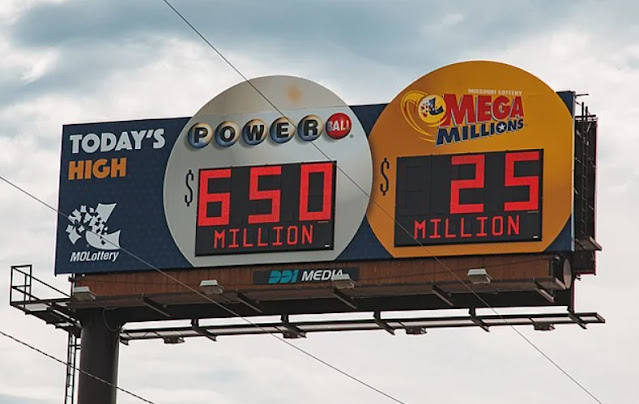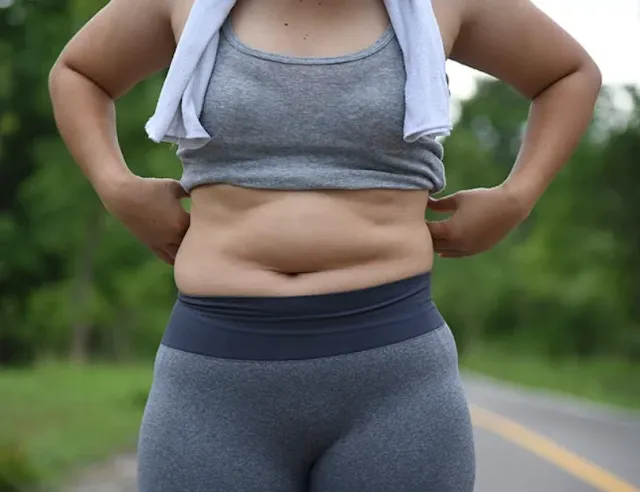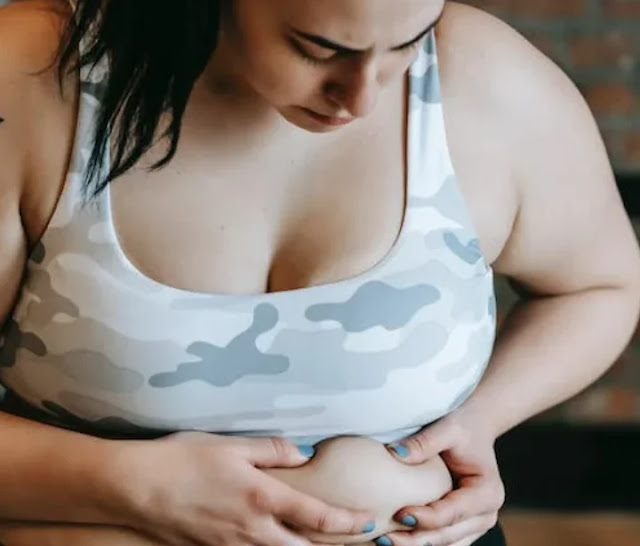Renters Insurance USA - Know Before You Rent
If you rent a house or apartment, you need renters insurance. Your landlord is responsible for insuring the building itself, however, landlord insurance does not cover your furniture and other possessions. That is why you need your own renters insurance policy.
Because renters insurance only covers the contents of your house or apartment, not the structure of the building, it is usually very affordable.
Renters Insurance Categories
A typical renters insurance policy has four categories of coverage. Before that if you have questions about insurance then you can read these insurance FAQ. These are described below:
Personal Property Coverage
This covers your personal belongings. If you have high-value individual items such as jewelry, camera equipment, artwork or collectibles, you may need to obtain a special endorsement or floater.
Liability Coverage
This provides protection for any accidents or injuries that occur within your home for which you are legally responsible. Guest medical coverage covers the medical expenses of guests resulting from injuries that occur in your home.
Coverage for Loss of Use and Additional Living Expenses
This covers some or all of your living expenses if you are temporarily unable to inhabit your home due to damage or loss caused by an insured peril, and certain other losses you incur as a result of being unable to occupy your home.
Additional Coverage's
Your policy may provide coverage for additional expenses, such as identity theft charges and loss assessment.
HOW MUCH COVERAGE DO I NEED?
If you are a college student and don’t own much furniture, $5,000 to $10,000 might be adequate. If you’re well-established in your home, you may need $40,000 or more. It all depends on the items you own.
Many people tend to underestimate the value of their belongings and what it would cost to replace them. Renters insurance is an important component of financial security.
You should perform a home inventory and estimate the value of your belongings. The value you assign to each item will depend on whether you choose an actual cash value or replacement cost policy.
Keeping a record of your belongings is also very useful in the event you suffer loss or damage. It will help you remember all the significant and valuable items you own.
Keeping your receipts also helps. Even if you don’t have them all, having some of them can be a big help in determining the value of your possessions.
Another great way of keeping a record of your belongings is to take photos or a movie of everything in your home.
Don’t forget to store the pictures in a safe place. They’re no good if your apartment burns down. We recommend storing them offsite in a bank deposit box, at work, or in the home of a friend or relative.









